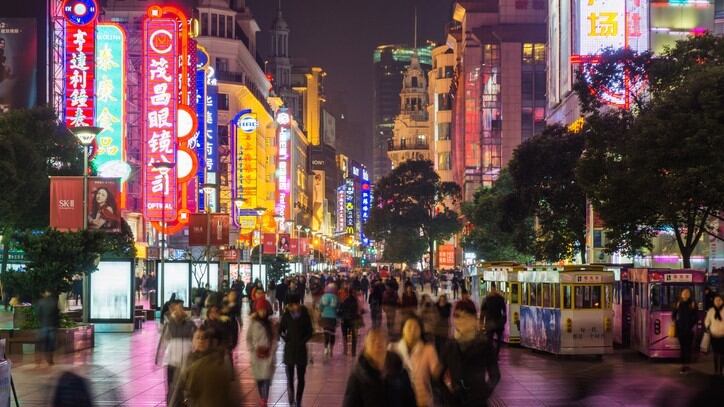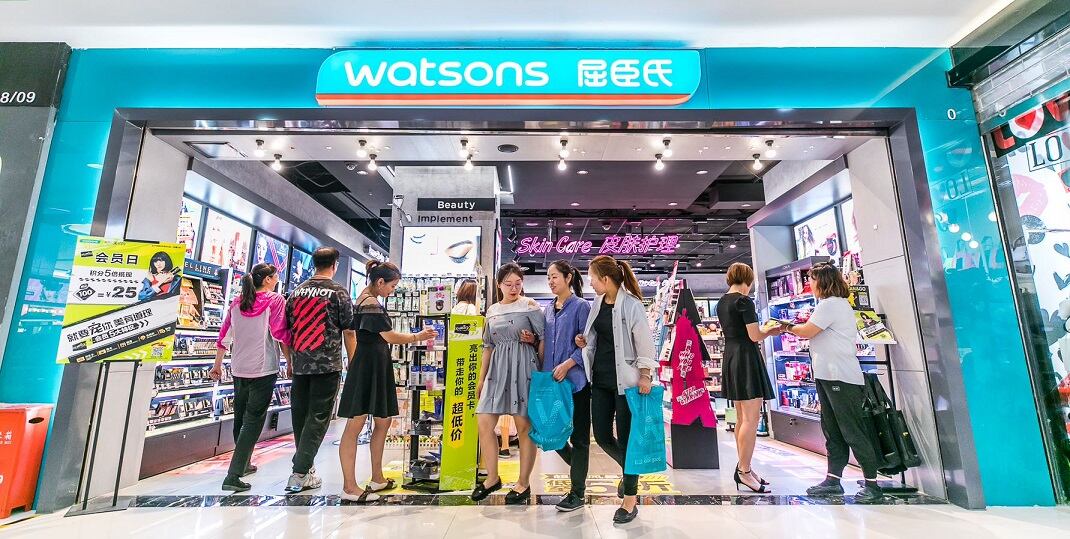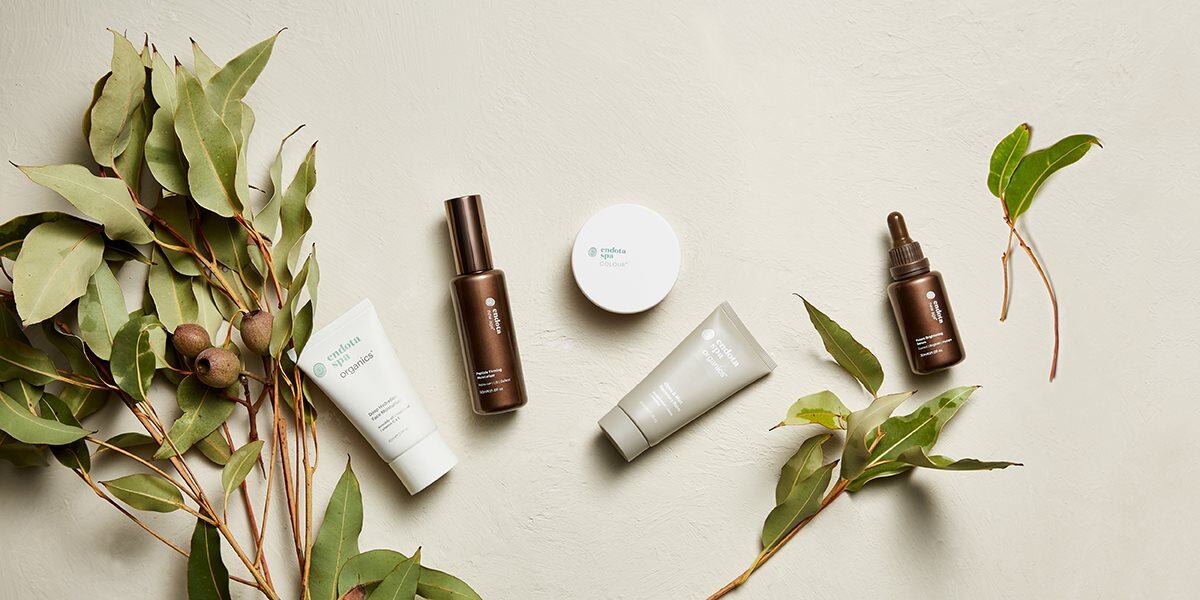1 – China’s new cosmetics regulations: Key points you need to know about CSAR developments
With China’s Cosmetic Supervision and Administration Regulation (CSAR) is expected to come into force by the end of the year, one expert drills down into the need-to-know points for firms operating in the country.
China’s National Medical Products Administration (NMPA) published the draft version of the CSAR in 2018.
Speaking at ACA Leader’s Forum 2019, Jason Chan, Business Head, Global Cosmetic Division of REACH24H is optimistic it will come into effect by the end of the year.
Key points of CSAR
Previously, the NMPA defined cosmetics as a “…daily-used chemical product intended to be applied on the surface of human body…”
However, the new draft has removed the requirement that it needs to be applied externally, potentially widening the scope of products.
2 – ‘Outstanding growth’: Estée Lauder sees no slowdown in China despite geopolitical concerns
Estée Lauder CEO Fabrizio Freda believes the firm will see “long-term sustainable growth” in China, thanks to a rising middle class, a young demographic eager to spend on cosmetics and untapped opportunities in lower-tier cities.
In the fourth quarter of this year, the company saw continued solid growth in China. Nearly every one of its brands and channels saw strong double-digit growth in the market.
During the company’s earnings call, Fabrizio Freda, the company’s president and CEO, commented: “Our growth in China was outstanding. All categories and channels grew and virtually all brands posted double-digit gains… So the short answer is no. We are not seeing any slowdown in China at this point in time.”
He added that the fundamentals for long-term growth in China were “absolutely there and super strong”.
“The middle class, the demographic, the fact that the young consumers in China spend more than the older ones, the huge opportunity we have in front of us on tier two and three cities which is completely untapped – actually I should say tier three and four cities which is completely untapped at least, numerically for luxury goods.”
3 – Brands with benefits: Cosmetics firms should join forces to successfully win over China’s millennials
Collaborations between brands are the way forward for brands to win over Chinese millennial consumers, even if it means joining forces with the most unlikely partners, according to a local industry expert.
Louis Houdart, founder and CEO of China-based branding and design agency Creative Capital, pointed out that brand collaborations were a simple yet effective way to create stories, especially for smaller brands.
Houdart said: “Consumers used to be driven by big names, big campaigns and big movie stars. Now they are looking for content that is relevant to their own lifestyle. They consider themselves small key opinion leaders (KOLs). They want to share new and interesting things with their friends. Collaborations bring about these kinds of opportunities for consumers to share online.”
He added: “If you look at French brands like Lancôme and Chanel, they have been around for decades, so when it comes to creating content for the brand, it can rely on its archives and its history. Local Chinese brands may not have that rich history so collaborating with other brands can bring about interesting content.”
4 – Magic mirror: DFS Group extends partnership with Meitu to expand AR retail experience
DFS Group is continuing its collaboration with Meitu to expand the tech company’s AR- and AI-powered smart mirror, MeituGenius, to 25 DFS stores in 13 countries worldwide.
From August 1, MeituGenius will be available in DFS stories in countries and territories such as the US, Italy, Australia, New Zealand, Japan, Singapore, Hong Kong and Macau.
Liling Wang, business lead of MeituGenius said: “Our growing partnership with DFS Group demonstrates MeituGenius’ technological capabilities and potential at an international level. We had a technological breakthrough in 3D AR this year by offering virtual sunglasses to DFS, and we look forward to future opportunities and pioneer digital innovations down the road.”
MeituGenius first made its overseas debut with DFS last August. Previously, the smart mirror offered virtual eye shadows, lipsticks, blushes and makeup look recommendations based on its AI analysis of user’s facial features.
In addition to these features, the smart mirror now incorporates features from Xiaohongshu, a popular beauty social media platform in China. Additionally, the mirror now allows consumers to try on sunglasses virtually.
5 – H&H Group sees potential for personalisation, probiotics and CBD in Asian beauty market
Hong Kong-based Health & Happiness (H&H) Group has made a raft of recent investments in order to capitalise on emerging beauty trends.
In January, the H&H Group finalised its acquisition of UK-based Aurelia Probiotic Skincare for £21m ($25.5). In July, the firm’s innovation arm, NewH2, made investments into US personalised skin care brand Proven, as well as health and skin care company Bod Australia.
With these new investments, the company now has a strong foundation in the skin care space, said Sarah Chibnall, Global Communications Director of H&H Group.
“Investing in skin care is not new for H&H. We’ve been involved with skin care for eight years through our wellness brand. Now, with a skin care presence in both parts of the business I think, it feels like we have a strong investment in skin care.”





